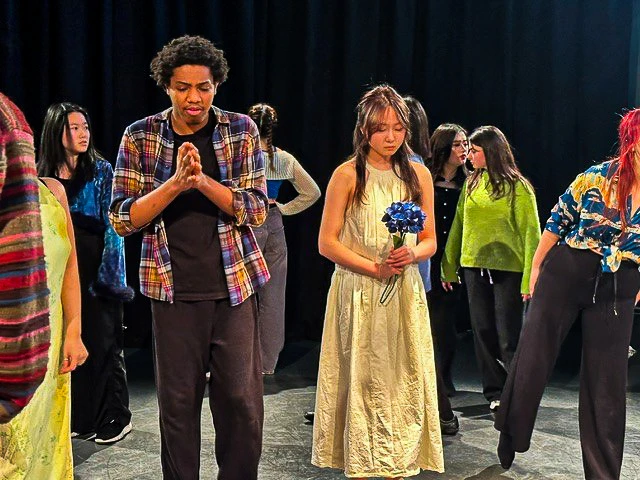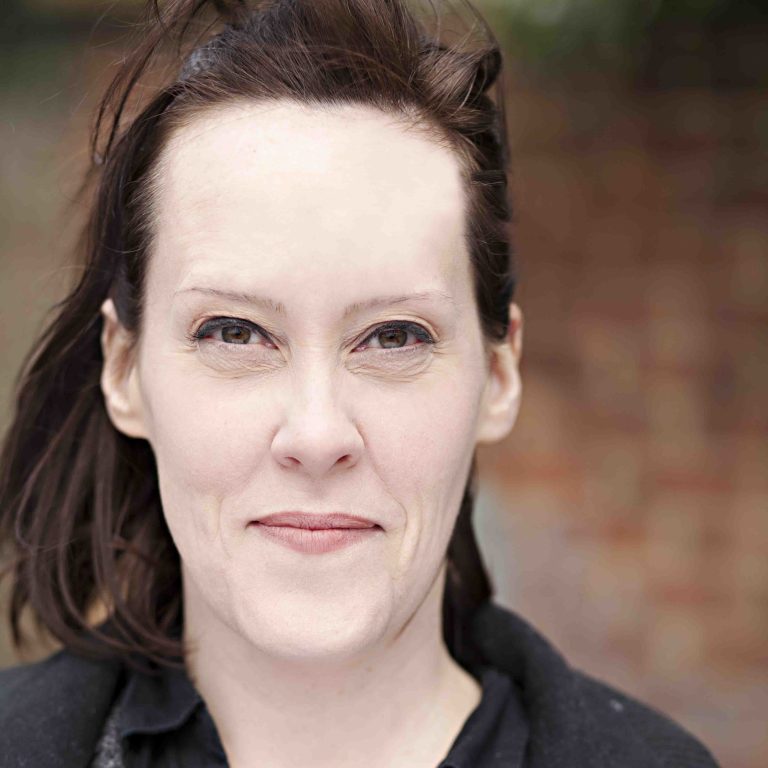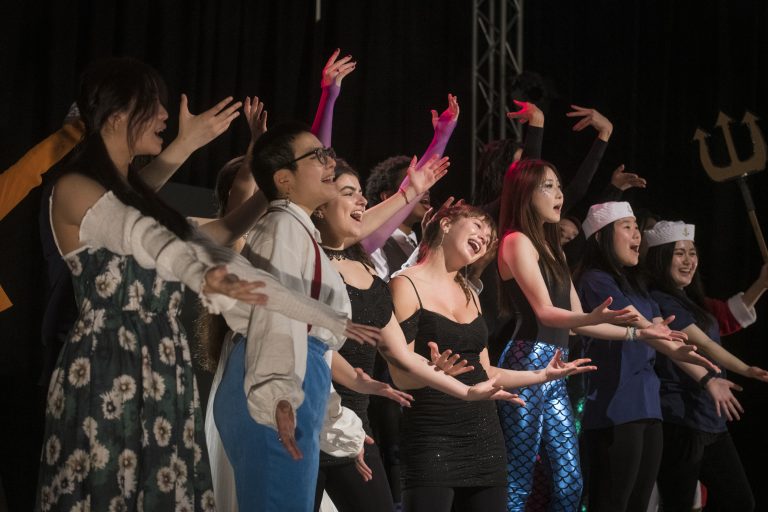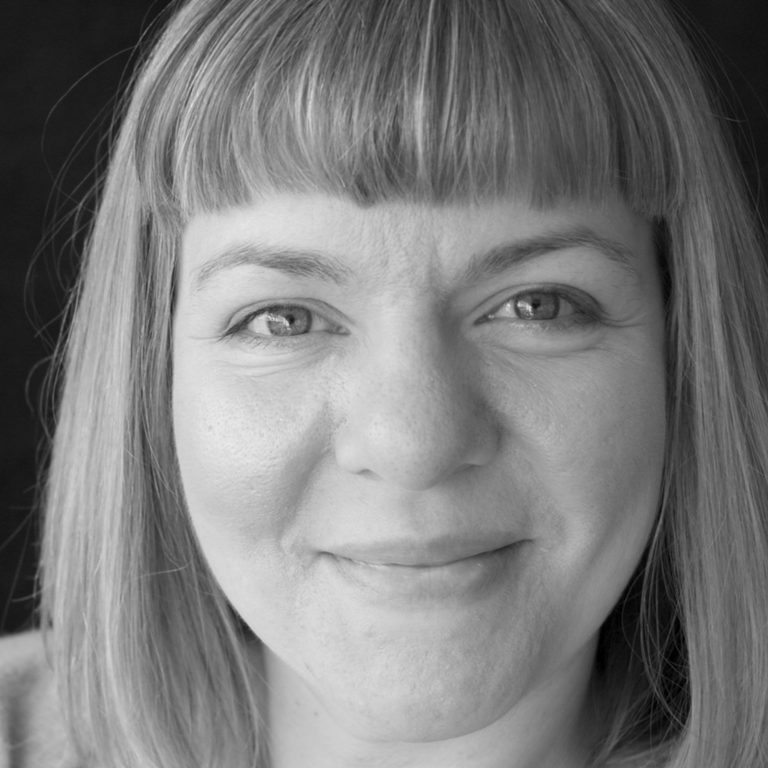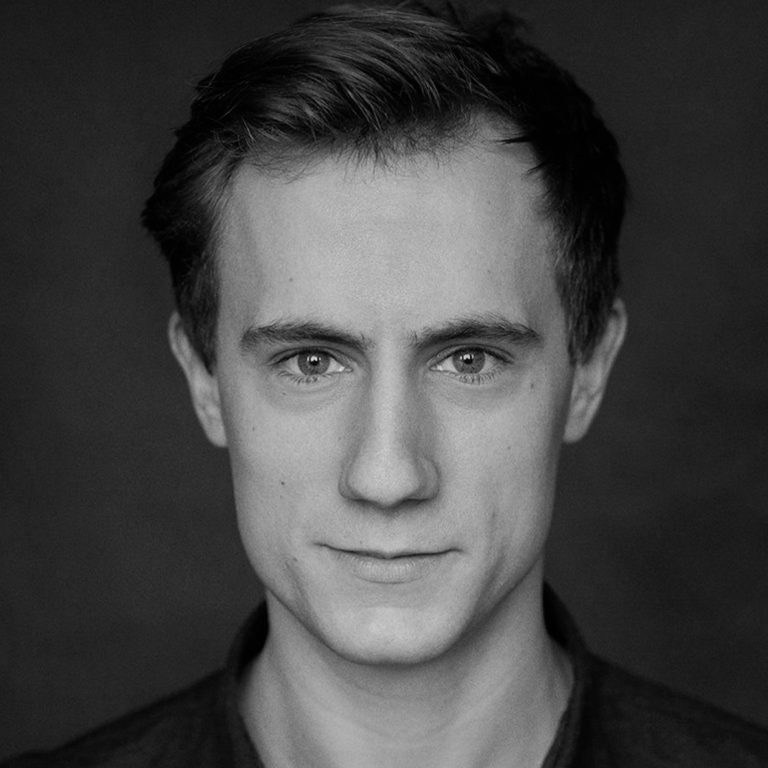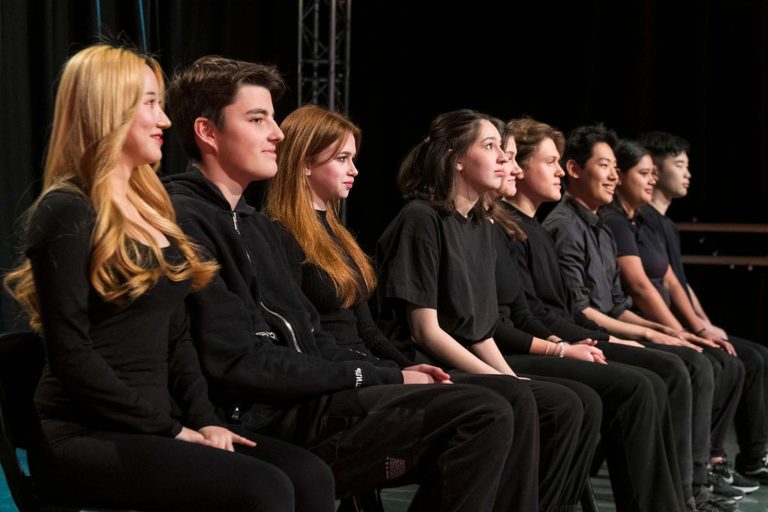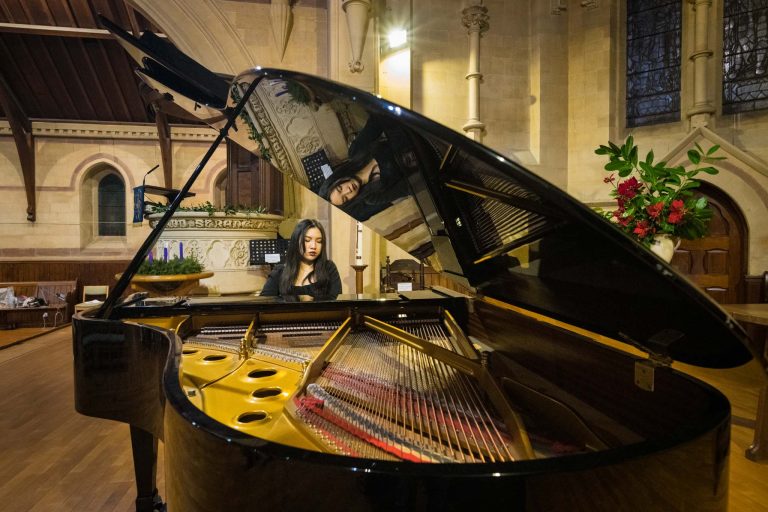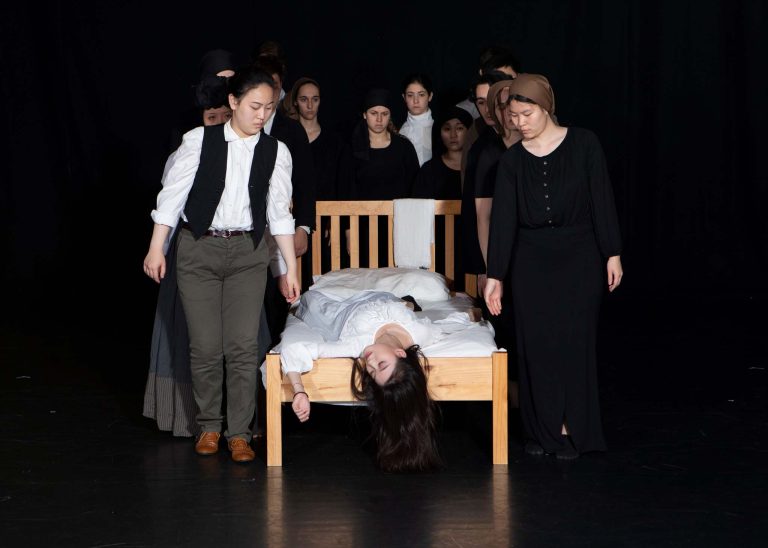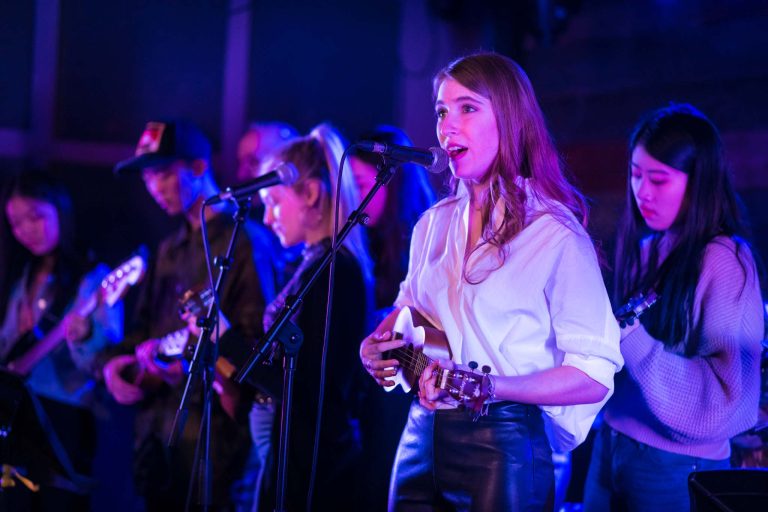Extended Diploma in Performing Arts – Drama
A 6-term course designed for students who have a passion for Acting or Musical Theatre, but don’t have the necessary entry requirements to apply directly onto our Drama Foundation.
Success in the competitive world of Acting requires focus and determination, as well as refined work across the disciplines that challenge body and mind. The UAL Level 3 Extended Diploma in Performing and Production Arts – Drama at CSVPA offers students the wonderful opportunity to specialise before starting university; to begin the process of undergraduate skill development while preparing their drama school and university auditions.
WHAT TO EXPECT FROM THIS COURSE
On the UAL Level 3 Extended Diploma in Performing and Production Arts – Drama, our goal is to help you grow and progress in all aspects of an Actor’s craft. Our programme is strongly focused on the development of the individual as a whole – physically, emotionally, and intellectually. The work is geared to help improve confidence, emotional accessibility, physical and mental stamina, and a willingness to explore and experiment, as well as a strong work ethic.
Students who take this course will benefit from:
- A programme modelled on Conservatoire-style training
- You will enjoy up to 25 hours a week contact time with teaching staff
- Every week you will receive one-to-one sessions with acting and singing tutors to develop your audition material and support your development as a performer.
- Weekly group classes will further challenge you in subjects like Acting, Movement, Dance, Physical Theatre, Text, Voice, and Scene Study.
- Class groups are small, allowing for intensive work that can be adapted to meet your needs and allow for personalised feedback and guidance.
- Our teaching staff are highly trained with experience in professional theatre.
- The teaching team is dedicated to helping you discover your full creative potential as unique performers.
- We are a community of developing artists who support each other, encouraging all to take risks, push boundaries, and grow as performers.
- Performing Arts programmes offer opportunities for performance throughout the academic year.
UCAS TARIFF
YEAR 1
The UAL Level 3 Extended Diploma in Performing and Production Arts – Drama is the midway point of the qualification and attracts UCAS tariff points for each final grade as shown below. Please note, it is not recommended to leave the qualification between years 1 and 2 as most universities will require the complete qualification.
Pass 36 – Merit 60 – Distinction 84
YEAR 2
The UAL Level 3 Extended Diploma in Performing and Production Arts – Drama is the complete qualification equal to 3 A-levels, and attracts UCAS tariff points for each final grade as shown below:
Pass 72 – Merit 120 – Distinction 168
THE AWARD
The UAL Level 3 Extended Diploma in Performing & Production Arts – Drama is quality assured by UAL Awarding Body through a rigorous external moderation process, and grades are monitored against agreed national standards. It is also regulated by Ofqual.
“I chose CSVPA because it was an international school, so it would be very easy for me to adapt to. It also gave me the opportunity to learn English alongside my studies, as my English needed a little work”
Moon – Acting student
VIDEO
Lorem ipsum dolor sit amet, consectetur adipiscing elit. Ut elit tellus, luctus nec ullamcorper mattis, pulvinar dapibus leo.
HIGHLIGHTS
OVERVIEW
Course Location
Cambridge
Course Length
2 years (6 terms)
Course Start
September
Studio Access
Students have access to our studios 7 days a week, from 8:00 am to 8:00 pm Monday to Friday, and from 11:00 am to 6:00 pm during the weekend.
Contact Time
Up to 25 hours per week with One-to-One tuition 1 hour each week.
Awarding Body
University of the Arts London Awarding Body
How your Work is Assessed
Assignments and projects are focused on your area of study, following the specification set by UAL, the awarding body.
English Language
Up to 5 hours per week if required
Progression
Drama school or University.
ENTRY
Age
16 years +
Educational Level
Successful completion of Secondary Education (Grade 10 or Grade 11 depending on native country) or 3 x GCSEs at grade 4 or C or equivalent overseas qualification, preferably in a relevant creative subject.
Students who do not meet these entry requirements will still be considered on their own individual potential to succeed.
English Level for International Students
IELTS 4.5+ (no element under 4.0)
Audition
An audition piece is required for entry to this course. Please refer to the Audition tab and “What We Look for in an Audition” for more information.
STRUCTURE
SUBJECTS
In these classes be prepared to challenge your thinking, what does it mean to act, and what is the role of the actor? There will be a mix of acting theory, drawing on several critical perspectives, and practical work involving movement, voice and all the tools of self-expression. We will workshop a variety of material with tutors, peers, and guest lecturers all in support of your application process for university or drama school.
Scene study classes follow the process of preparing, rehearsing and presenting a scripted text. The rehearsal room is where actors experiment with and apply their training in relation to different theatrical forms and rehearsal processes. The classes enable actors to explore, develop and take risks. Scene study is where all acting techniques learned on the course are put into practice and critique given for the benefit of all in the class.
A stalwart for all actors in training is developing a healthy and robust speaking voice. This class is a physical practice; working with your body and breath, turning sound into speech, and applying this work to different styles of text for performance. Work on resonance, volume, clarity, articulation, pitch, and develop your sound through experimentation and practical application.
This class will breakdown dialects of English with sessions on anatomy and how vocalised sound is made. Learn the international Phonetic Alphabet as it applies to RP (Received Pronunciation) and apply this understanding to different dialects and how a phonetic understanding can help you deliver text with control, clarity, and confidence.
Discover your body’s expressive potential and have at your disposal the techniques which will allow you to achieve the physical and imaginative transformations required as an actor. The classes explore key movement influences, including Laban, Lecoq and Anne Bogart’s Viewpoints training. The focus of the classes is to embody movement with imagination at its heart, working on body awareness, improvisation and developing original performance and choreography that allows you to clearly express ideas, emotions and enrich storytelling.
Establish a process for working with words as a starting point, turning the written word into the spoken word. Develop your practice of finding the drama and making sense of any text. Particular attention will be paid to Shakespeare along with poetry, prose, and a healthy dose of sight reading!
The ballet course provides students with strong technique and understanding of the basic requirements for ballet. Through a structured programme of floor work, barre and centre practice the students learn how to maintain correct posture and how to correctly use their turnout, while also developing a knowledge of the French vocabulary and common dance patterns. By the end of the year they will be confident in dancing short sequences and responding to a variety of music, leaving them well prepared for college auditions.
Play will be your final lesson of the week; come together with all performing arts courses in a lesson dedicated to play. Through this class you will develop a strong, positive group dynamic and find more freedom and possibility in performance through theatre games, trust exercises and the exploration of improvisation techniques.
These sessions will explore how through movement we can be inspired to tell stories in new and innovative ways. Unique movement vocabulary can be devised from unexpected starting points and it is through this creative process that new choreography emerges. Students are led on a revealing and liberating journey, connecting narrative, emotion and character with movement.
In Commercial Dance classes, we aim to introduce everyone to the foundational steps of a multitude of styles. We do this to expand student knowledge within the style of Street dance. We will also look at freestyle and choreography in class as these skills are essential within the professional dance industry.
Jazz is one of the main building blocks of Musical Theatre choreography. Students will work on developing the foundations of Jazz technique through a variety of exercises focused on improving strength, flexibility, and performance skills. Students will be challenged by working on a range of jazz styles and contrasting routines in preparation for their dance auditions.
You will be refining your rhythm skills through group performance of the music of West Africa, Brazil and more on authentic instruments. In this class you will work on the crucial skills of pulse, rhythmic independence and polyrhythm to help you to in your principal instrument performances.
FACULTY
AUDITIONS
REQUIREMENTS
Students can audition with one performance piece of their choosing, but are welcome to submit more than one piece if they feel it better represents them.
- Acting students, please submit a monologue of their choice (fully memorised and performed in English)
- Musical Theatre students can submit a song from Musical Theatre repertoire and/or a monologue of their choice (fully memorised and performed in English)
AUDITION GUIDE
What We Look for in an Audition guide, to prepare fully for your audition at CSVPA.
RELATED COURSES
TALK TO US
Do you want to find out more about CSVPA? Talk to our student advisors now.

